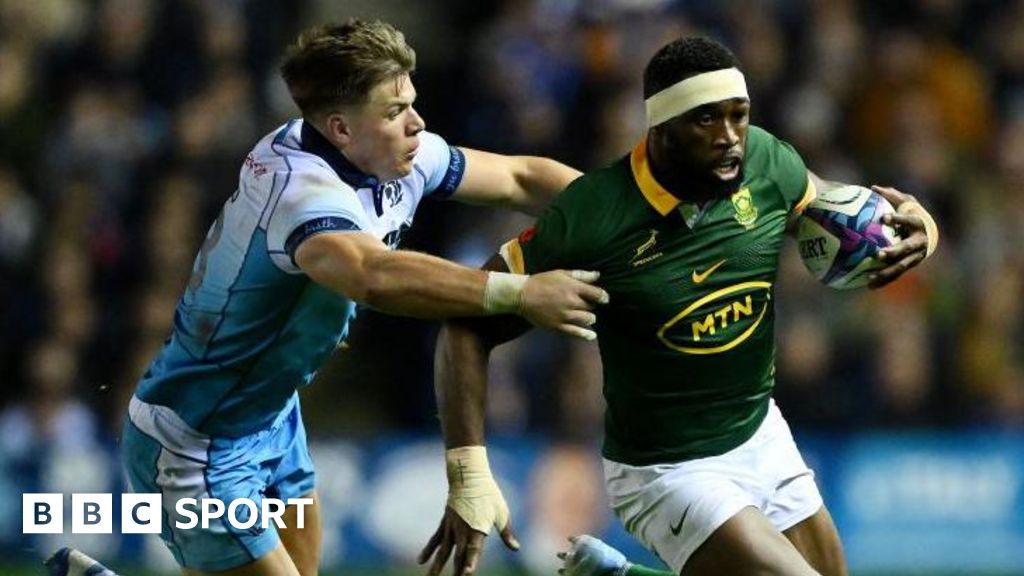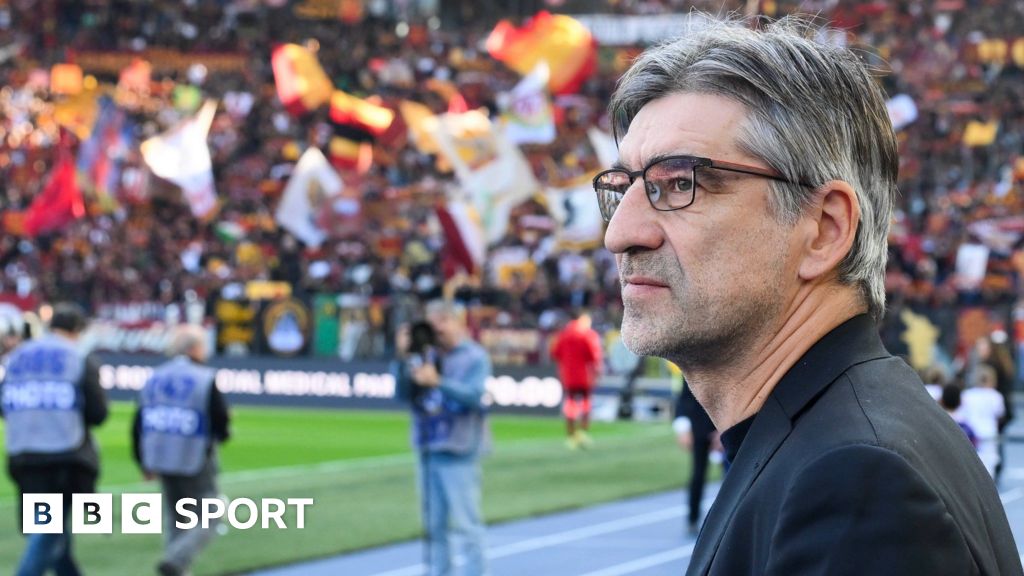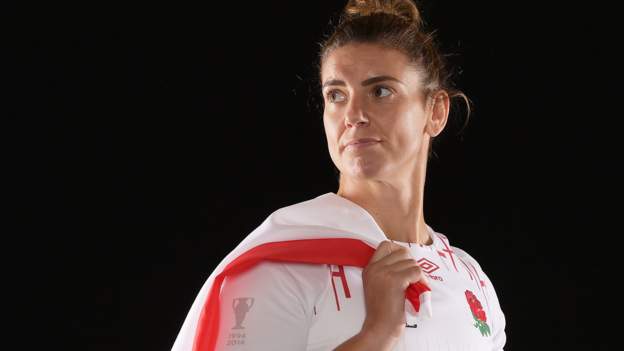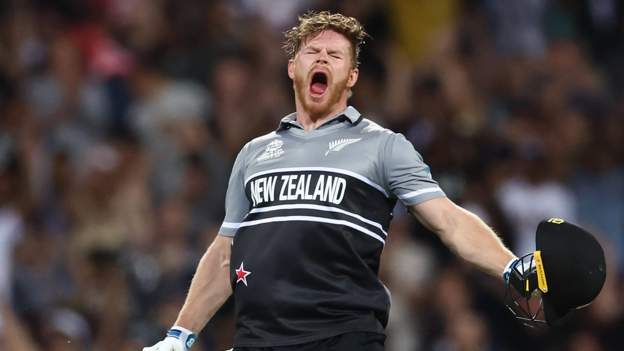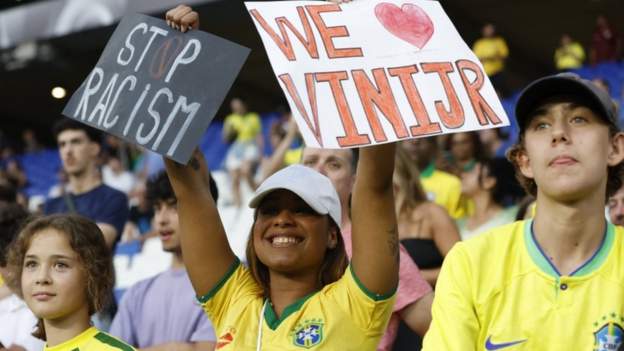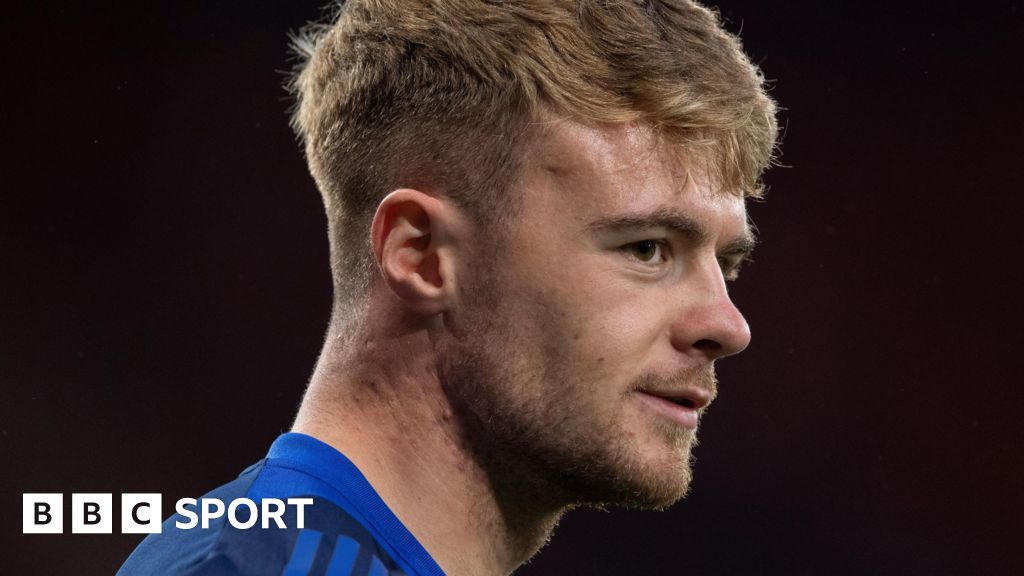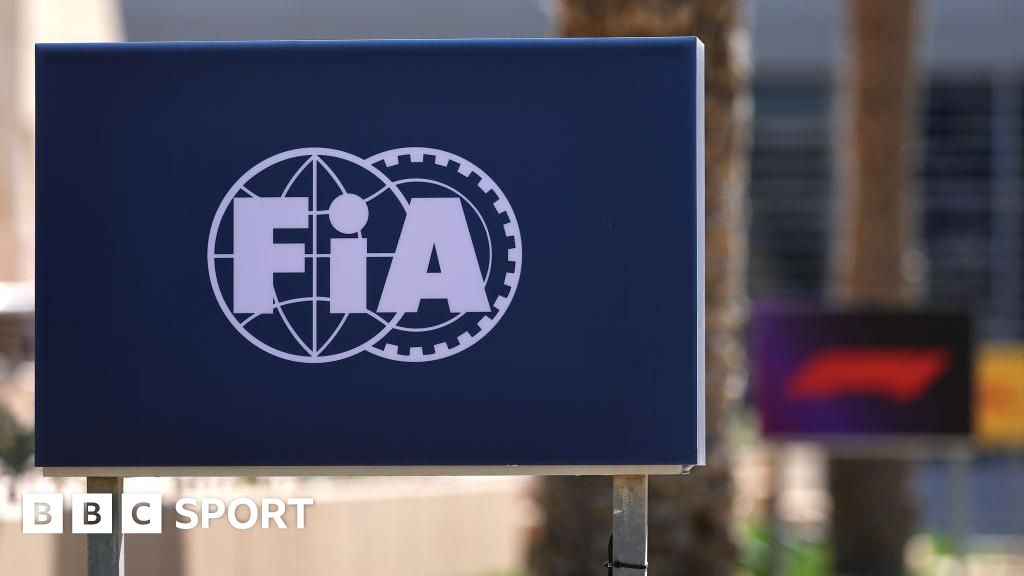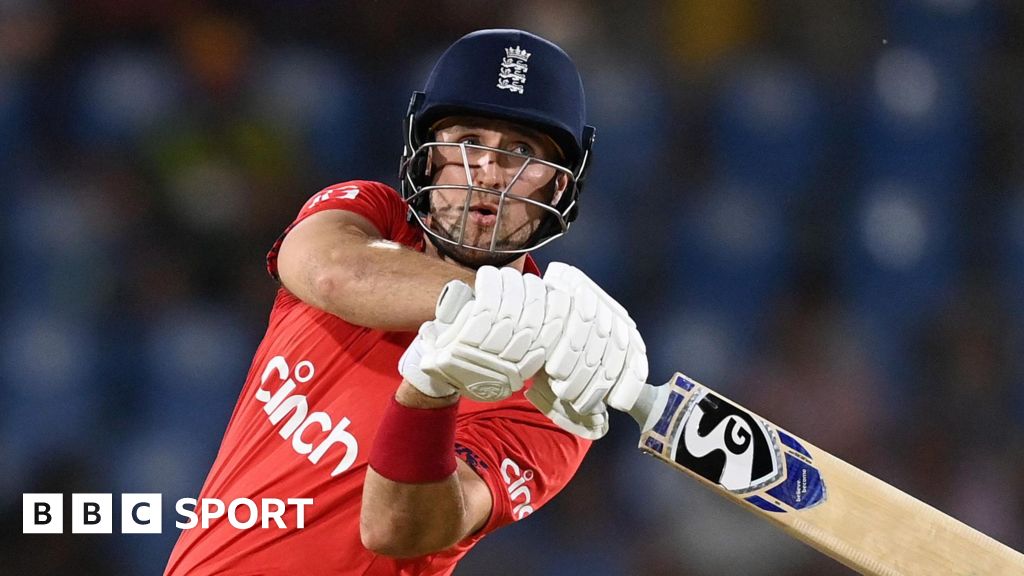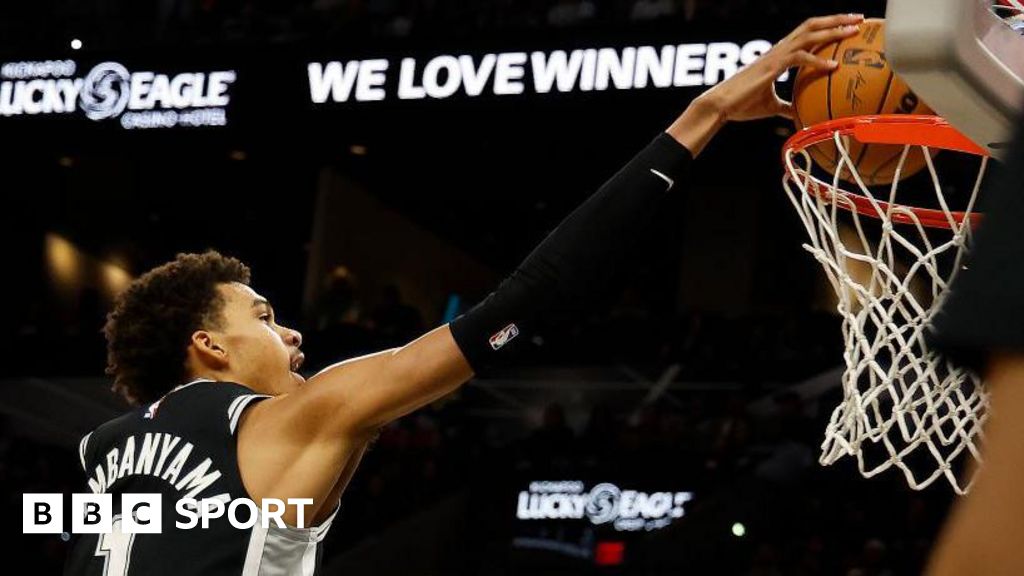| Venue: Waitakere Stadium, Auckland Date: Sunday, 30 October Kick-off: 01:30 BST |
| Coverage: Listen on BBC Radio 5 Live; follow live text commentary on the BBC Sport website and app. |
Five years ago, Sarah Hunter’s heart was broken.
Leading at half-time in the 2017 World Cup final, England were overpowered by New Zealand after the break and the Black Ferns won the title for a fifth time.
Hunter was captain that day and the responsibility she carries for the defeat seems to continue to haunt and motivate her in equal measure.
Heading into the knockout stages of a World Cup aged 37 is not for everyone, but with the chance to snatch the trophy back from New Zealand on their turf it very much is for Hunter.
An easy motivation. A goal that has driven her to become the most capped international player in the history of English and women’s rugby.
On Sunday she will play her 138th England game – surpassing the mark of 137 set by former Red Rose Rocky Clark – as she leads the side in their World Cup quarter-final against Australia.
It is a moment that might never have come had the tournament been staged elsewhere.
“When World Rugby announced that it was going to be in New Zealand, it was too much of a carrot to hang my boots up,” Hunter explains.
“That’s why it kept me going. You want to challenge yourself at the toughest moments. I don’t think there are much tougher prospects than coming across the other side of the world to New Zealand, who are current champions, and trying to win that trophy.”
England are favourites to win the title and may have to face New Zealand in the final.
The pain of 2017 was familiar one given it was the fourth time the Black Ferns have beaten England in a World Cup final.
Hunter’s torment over the result five years ago seemed as fresh as ever as she cried looking at her runners-up medal in a documentary on England’s preparations for the 2022 tournament.
She tells BBC Sport that pain “wasn’t something I fully recognised straight after” the final.
“I felt that as captain in that second half I should have been able to do something,” Hunter adds.
“Later on I reflected that that is totally ridiculous. I really struggled with that for a long time until I started to speak about it and make it into something better to help me get over it and understand that that was irrational behaviour.”
‘She stood out from the ordinary’
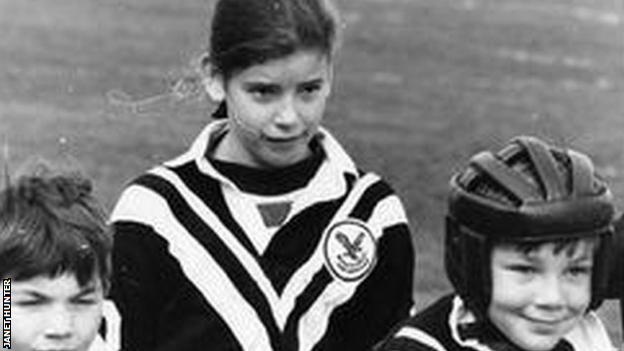
The sting of 2017 was all the more bitter because, since she first picked up a ball aged nine, rugby has been a source of joy for Hunter.
She still recalls the freedom of “running around smashing things” on her primary school playing field.
A rugby league coach had come into the North Tyneside school offering sessions for the boys. The headteacher said he would offer them to the girls too or there would be no rugby at all.
So Hunter, already deeply embroiled in the street cricket and football scene on her road, had the chance to try something new.
League was her first love, but with not enough girls in the area to form a team once mixed rugby finished aged 12, she had to transition to union.
That was how she met Novocastrians coach Graeme Cooper, with whom she is still close.
“Occasionally you get a talent that crosses your path as a coach where there’s something about them which just stands out from the ordinary,” Cooper says. “That was Sarah.”
With the profile of women’s rugby much smaller back then, Hunter was not even aware of the England team until the age of 16.
She tried out for the Under-19s first. Playing at centre, Hunter was told there was too much strength in her position already and the back row might give her a better chance.
Hunter came back with a to-do list for Cooper and trained with the men at Novocastrians as she tried to get her head around the new position.
“We started what can best be described as a steep learning curve, driven by her and her thirst to be as good as she could be,” Cooper recalls.
The challenge was accepted and surmounted; Hunter made it into England Under-19s.
In 2007, as she revised for university exams, her first call-up for the senior side came. Hunter came off the bench in the Six Nations and would go on to win the first of 10 titles in that tournament.
A few years later she played at her first World Cup, losing to New Zealand in the final.
In 2014, England made amends and Hunter says “the hairs on the back of my neck go up” when she thinks about the moment they became world champions that year.
She became England captain after that victory and in 2016 was crowned World Rugby Player of the Year.
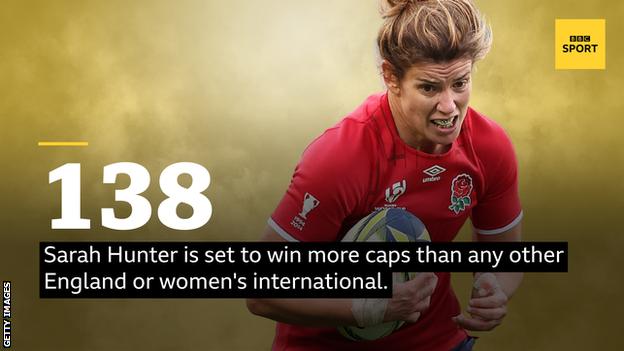
‘I want to make history with this team’
Having achieved pretty much everything you can in the sport, there are plenty of times when Hunter could have stopped playing. Most recently, when a mysterious neck injury left her unable to tie her shoelaces.
She admits “without a question” that international rugby gets harder as she gets older.
When you speak to people about Hunter, certain words come up frequently: focus, professionalism, presence.
There are some descriptions that are less expected. She is a bit clumsy apparently and rarely misses an opportunity to get her mum Janet to do her washing – even at a World Cup.
One word that is used almost without fail: driven.
Something has always pushed Hunter to be a better version of herself in rugby. Right now, at a World Cup in New Zealand, there is no shortage of motivation.
“I’ve loved playing for England, every single game,” she says.
“I could probably recount every game I’ve played. I just want to be the best player and best team-mate for this amazing group.
“I want to make history with this team and I guess only time will tell if that can happen.”








